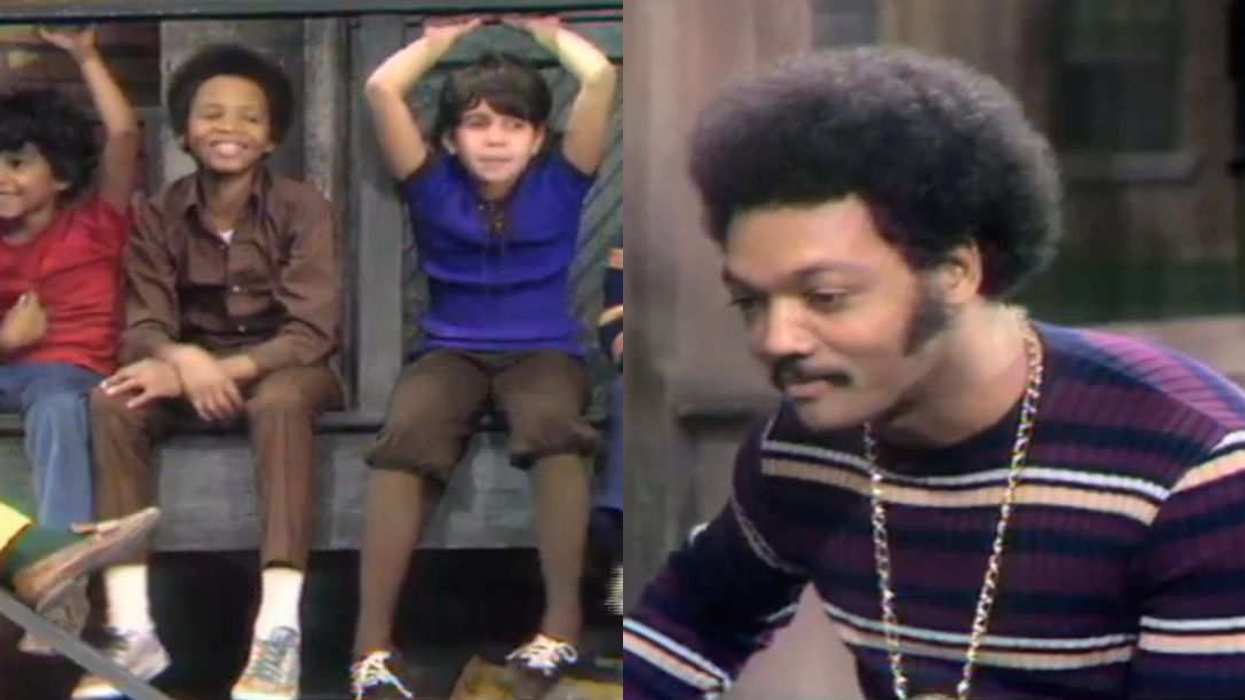HBO and Max CEO Casey Bloys issued an apology to television critics on Thursday for his past use of fake Twitter accounts to respond to negative reviews of HBO series. The apology came in the wake of a recent report that exposed Bloys' previous behavior.
Bloys made his public apology during a presentation at HBO's New York headquarters, which was organized to promote HBO and Max's upcoming programming slate.
He began by expressing his passion for the shows HBO produces and the teams behind them. Bloys emphasized the importance of delivering exceptional content and hearing feedback from critics.
He said:
“For those of you who know me, you know that I am a programming executive very, very passionate about the shows that we decide to do. And the people who do them and the people who work on them."
“I want the shows to be great. I want people to love them. I want you all to love them. It’s very important to me what you all think of the shows."
"When you think about that, and then think of 2020 and 2021, I’m working from home and doing an unhealthy amount of scrolling through Twitter. And I come up with a very, very dumb idea to vent my frustration.”
Bloys acknowledged that this was not an effective approach and extended his apology to those who were mentioned in leaked emails and texts. He expressed his understanding that nobody wants to be inadvertently embroiled in a story that they have no connection to.
He said:
“Obviously, six tweets over a year and a half is not very effective. But I do apologize to the people who were mentioned in the leaked emails, texts."
"Obviously, nobody wants to be part of a story that they have nothing to do with. But also, as many of you know, I have progressed over the past couple of years to using DMs."
Bloys said he chooses to direct message individuals when he disagrees with reviews or opinions and suggested that this is a "healthier way" to address concerns and expressed a willingness to discuss this further in a Q&A session:
"So now, when I take issue with something in a review, or take issue with something I see, many of you are gracious enough to engage with me in a back and forth and I think that is a probably a much healthier way to go about this."
"But we’ll talk more about that, and you guys can ask me anything you want in the Q&A. I just wanted to put that out there.”
The news that the CEO of one of the entertainment world's most recognizable television studios had engaged in such behavior exposed Bloys to criticism and mockery.
Bloys' apology came after Rolling Stone published a report detailing a lawsuit filed against HBO and Bloys by former employee Sully Temori.
The lawsuit alleges wrongful termination and references alleged text messages between Bloys and other HBO executives discussing using fake Twitter accounts to troll critics who'd written negative reviews.
The text exchanges included discussions about responding to critics who had spoken negatively about HBO series like Perry Mason and Mare of Easttown.
Temori, who was previously an executive assistant, claimed to have created a Twitter account attributed to the fictitious persona Kelly Shepard. This account was used to send tweets in response to negative reviews.





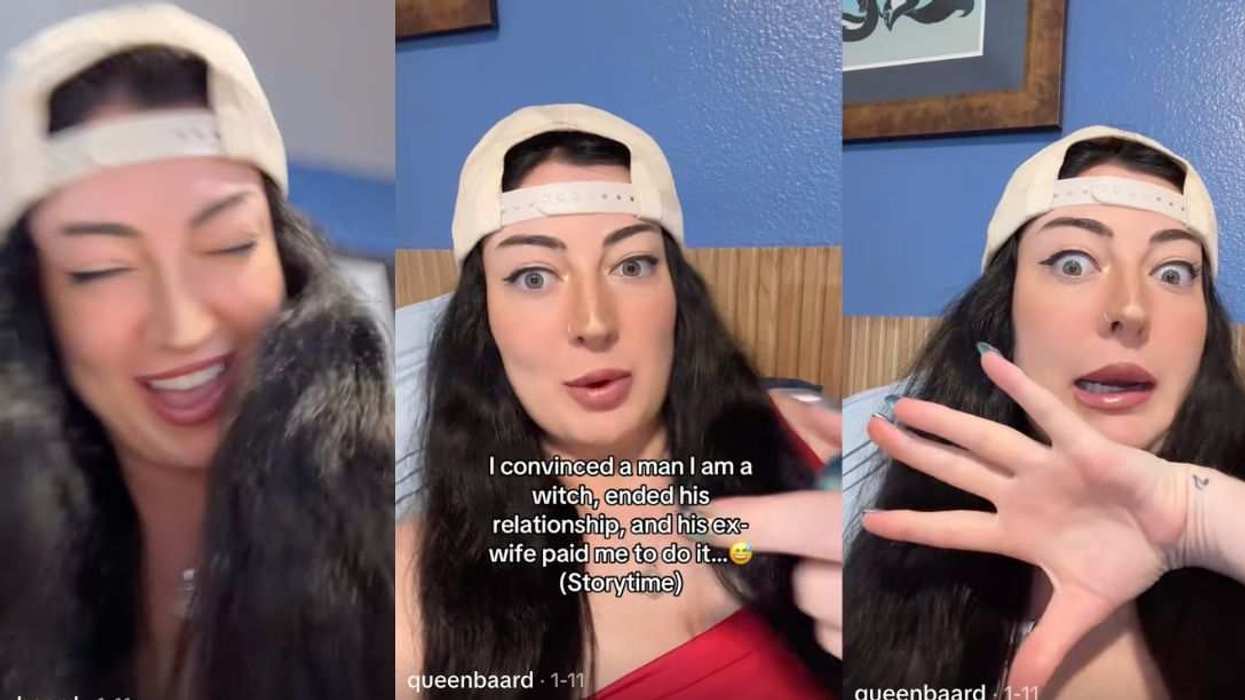







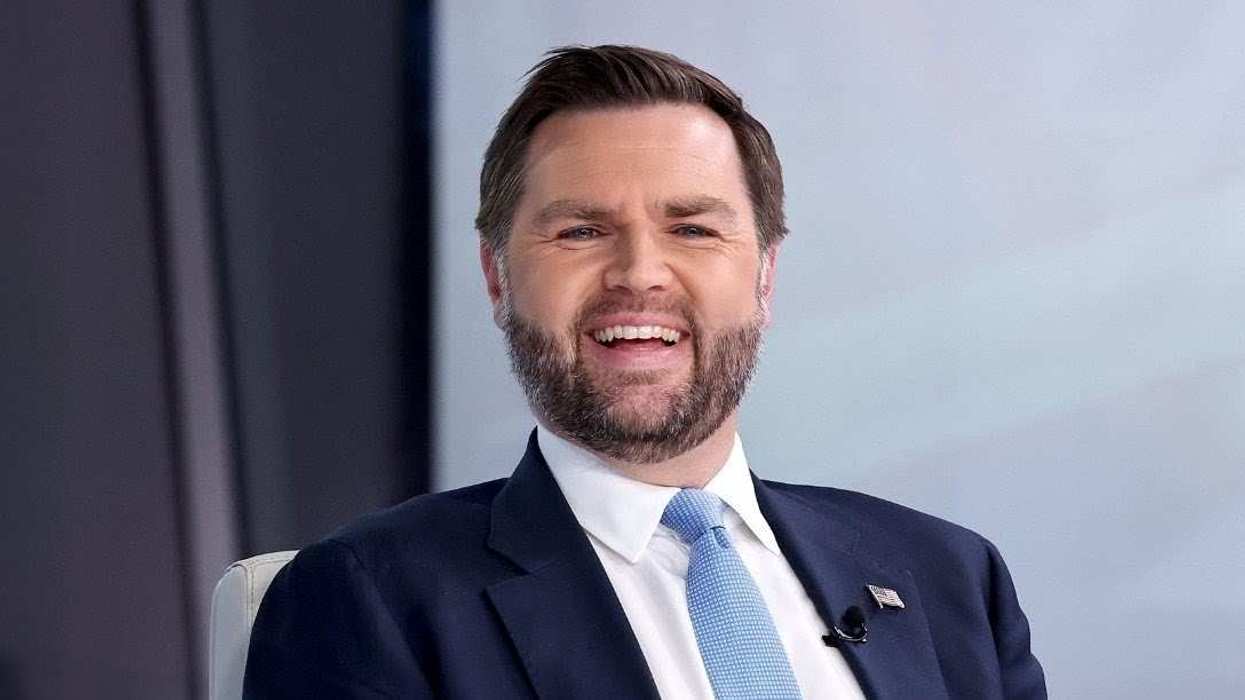
 @chrissy64/Bluesky
@chrissy64/Bluesky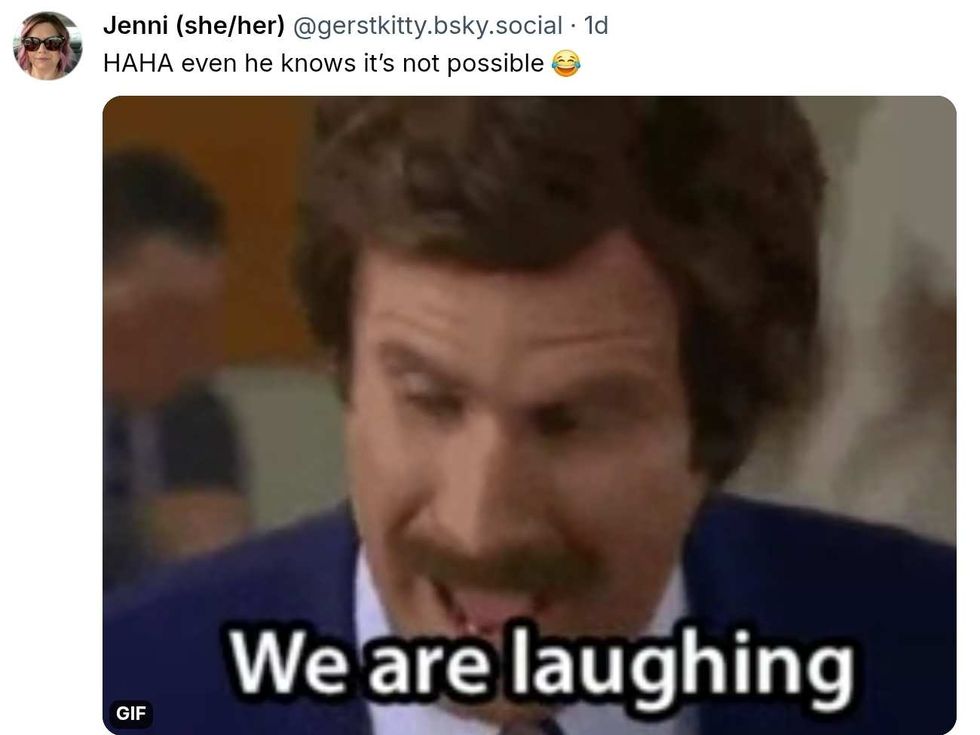 @gerstkitty/Bluesky
@gerstkitty/Bluesky @katvanzan/Bluesky
@katvanzan/Bluesky @ghenguskahn/X
@ghenguskahn/X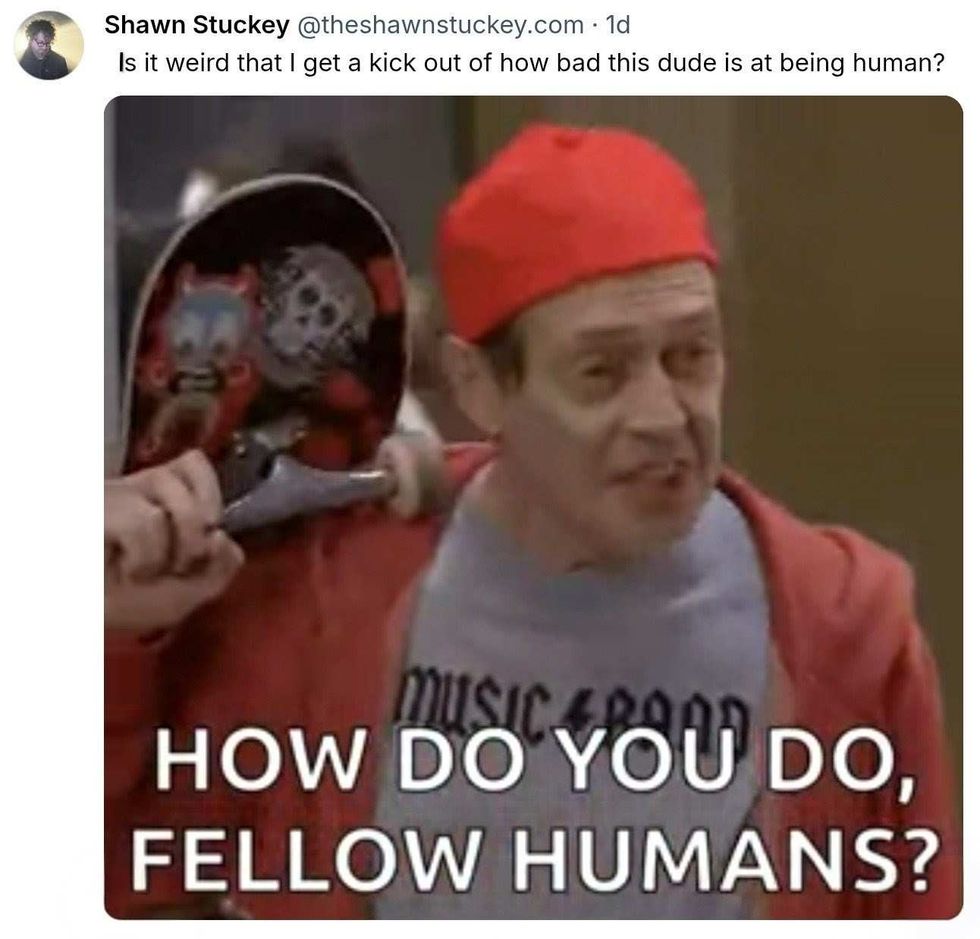 @theshawnstuckey.com/Bluesky
@theshawnstuckey.com/Bluesky
 @starlightwishes/Bluesky
@starlightwishes/Bluesky

 @margarete6888/YouTube
@margarete6888/YouTube @johngalt0096/YouTube
@johngalt0096/YouTube @BiteyTheWombat/YouTube
@BiteyTheWombat/YouTube @thenotoriousgryyn342/YouTube
@thenotoriousgryyn342/YouTube @meredithmorgan5959/YouTube
@meredithmorgan5959/YouTube @margaretgarls153/YouTube
@margaretgarls153/YouTube @valramos2003/YouTube
@valramos2003/YouTube @kokayinewsom9308/YouTube
@kokayinewsom9308/YouTube @Joe_Montfort/YouTube
@Joe_Montfort/YouTube